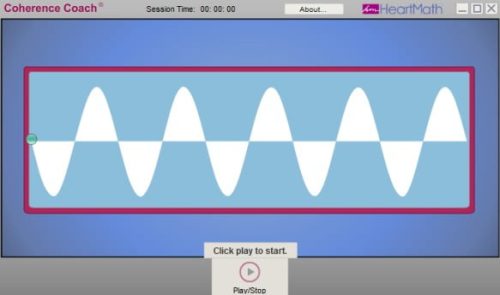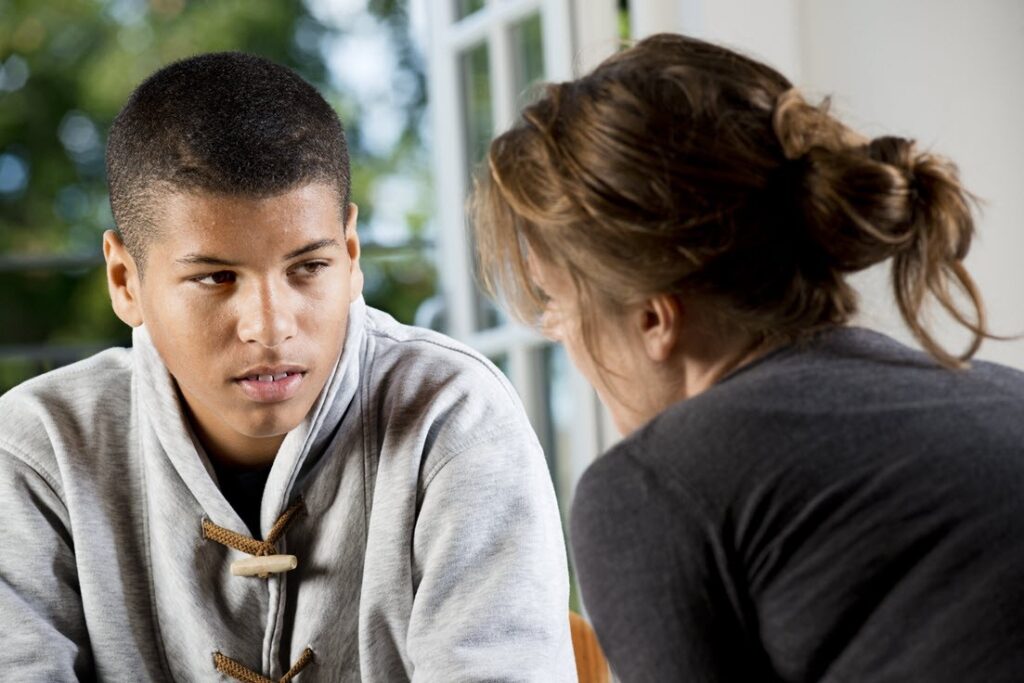Mind, Body, Behaviour.
We facilitate a range of therapeutic, behavioural and early childhood supports for young people to grow with us in your own way.
Applied behaviour analysis and positive behaviour support
All behaviour has a function. At Elegrow we understand the importance of facilitating Applied Behaviour Analysis as the foundation to informing and selecting best practice interventions in the context of the individual child or adolescent for their development and to address behaviour/s of concern.
Once informed by the analysis, we determine together the interventions considering the needs of the child or adolescent, and develop in multiple environments.
We guide the development of new behaviours, support and train families, teachers and care-givers to implement with consistency and confidence.


Neurofeedback
Neurofeedback is a form of biofeedback that measures brain wave activity and the nervous system in real time to improve neurobiological behaviour through training.
Neurofeedback has been found among the research to reduce symptoms of over or under arousal, improve attention, concentration, sleep, reduce seizures, anxiety, depression, symptoms of trauma, improve learning and enhance performance.
Neurofeedback training is a non-invasive behaviour intervention. It is individualized for each client by setting goals and using technology to measure brainwave frequency/amplitude whilst the client is observing video, images, or a game.
When the brainwaves are working within the goals set for the individual, a pleasant stimuli (e.g. a sound or other) rewards, training the brain to repeat the behaviour of the brainwaves to developing new brainwave behaviour.
When people learn how to regulate brainwaves through neurofeedback, their arousal, attention, confidence, interactions, learning and performance improve.
Biofeedback - Heartmath training
Our heart rhythms directly affect our physical and mental wellbeing. Stress and negative emotion result in erratic and disordered heart rhythm patterns that limit our ability to think clearly, remember, learn, reason and make productive decisions. The heart’s input to the brain during stress or negative emotions has a substantial effect on the brain’s emotional processes which can reinforce the emotional experience of stress.
Heartmath training is a biofeedback intervention that teaches clients how to facilitate heart rhythm coherence by sustaining positive emotions. The training has a positive effect on the mind and body, how we perceive, think, feel and perform. The training improves thinking, ability to regulate emotion, decision-making, sleep and how we respond to situations. Heartmath training is based on 25 years of continued scientific research.


Safe and Sound Protocol
SSP is a non-invasive research-based intervention derived from nearly four decades of research By Dr Stephen Porges on the relationship between the autonomic nervous system and social emotional processes and underpinned by Dr Porges’ Polyvagal Theory.
SSP involves listening to music that has been processed specifically to re-tune the nervous system for regulation, a sense of safety, and ability to socially engage. SSP is designed to calm the emotional and physiological state by improving vagal regulation of the heart and improving auditory functions.
SSP reduces stress, auditory sensitivity, enhances social engagement, social communication, and resilience. Evidence from the research shows significant positive outcomes for:
- Social and emotional difficulties
- Auditory sensitivities
- Anxiety and trauma-related challenges
- Inattention
- Stressors that impact social engagement
- Difficulties in regulating physiological and emotional state
iLs Focus System
The iLs Focus System is an evidence based, non-invasive and multi-sensory therapeutic intervention that includes processed music, movement, and cognitive components.
Therapeutic music is delivered via air and bone conduction headphones, providing auditory input to the brain and sensory input to the body.
Movement activities, can be personalised for all abilities, providing additional sensory and motor input for body organisation.
The program provides auditory, visual, and vestibular stimulation as a bottom-up process, helping the nervous system to regulate, and form a stronger foundation for learning by improved body and brain organisation.


PECS (Picture Exchange Communication System)
Developed in the USA in 1985 by Andy Bondy, PhD and Lori Frost, MS, CCC-SLP, PECS is an alternative communication system that has been implemented across the globe with learners of varying cognitive, physical and communication abilities.
The purpose of PECS is to teach functional communication such as asking, communicating needs and responding. I have noticed after implementing PECS that undesired behaviours reduce as a result of being able to communicate and learning engagement improves.
The research has shown that some learners using PECS also develop or improve speech or transition to another speech generating device.
PECS is a behaviour intervention to teach functional communication and is well supported as an evidence-based practice with more than 150 research articles attesting to the efficacy.
The post foundation levels of pecs can now be accessed via an app.
Eagala Model
The Eagala model is an innovative client-centered, solution-focused model to facilitate interventions through interactions with the horses on the ground.
The Eagala model engages people physically, socially and emotionally, providing a strong platform for growth as clients find their solutions through their interaction with the horses.
The Eagala model must be facilitated by a qualified, registered mental health professional, qualified Equine Specialist and the horses. The team must be certified to facilitate interventions using the Eagala model and sessions are structured to effectively meet the client’s therapeutic goals, behaviour support plan and or learning goals.
Interventions facilitated using the Eagala model help clients to develop new capability to regulate emotions, facilitate new behaviours, develop social skills, process trauma, form relationships, prepare for life transitions, trust and build confidence.


Counselling and Psychotherapy
Counselling and psychotherapy provides opportunities to process experiences through evidence-based frameworks to support emotional wellbeing and growth.
Programs and events
We facilitate evidence-based programs and events for families, schools, children and adolescents for:
- Resilience
- Life skills
- Mindfulness
- Meditation
- Social skills
- Transition

Join us, together we can help your young person/s to connect with confidence, develop independence and grow in their own way.
Accessing evidence based solutions and resources that facilitate growth.
